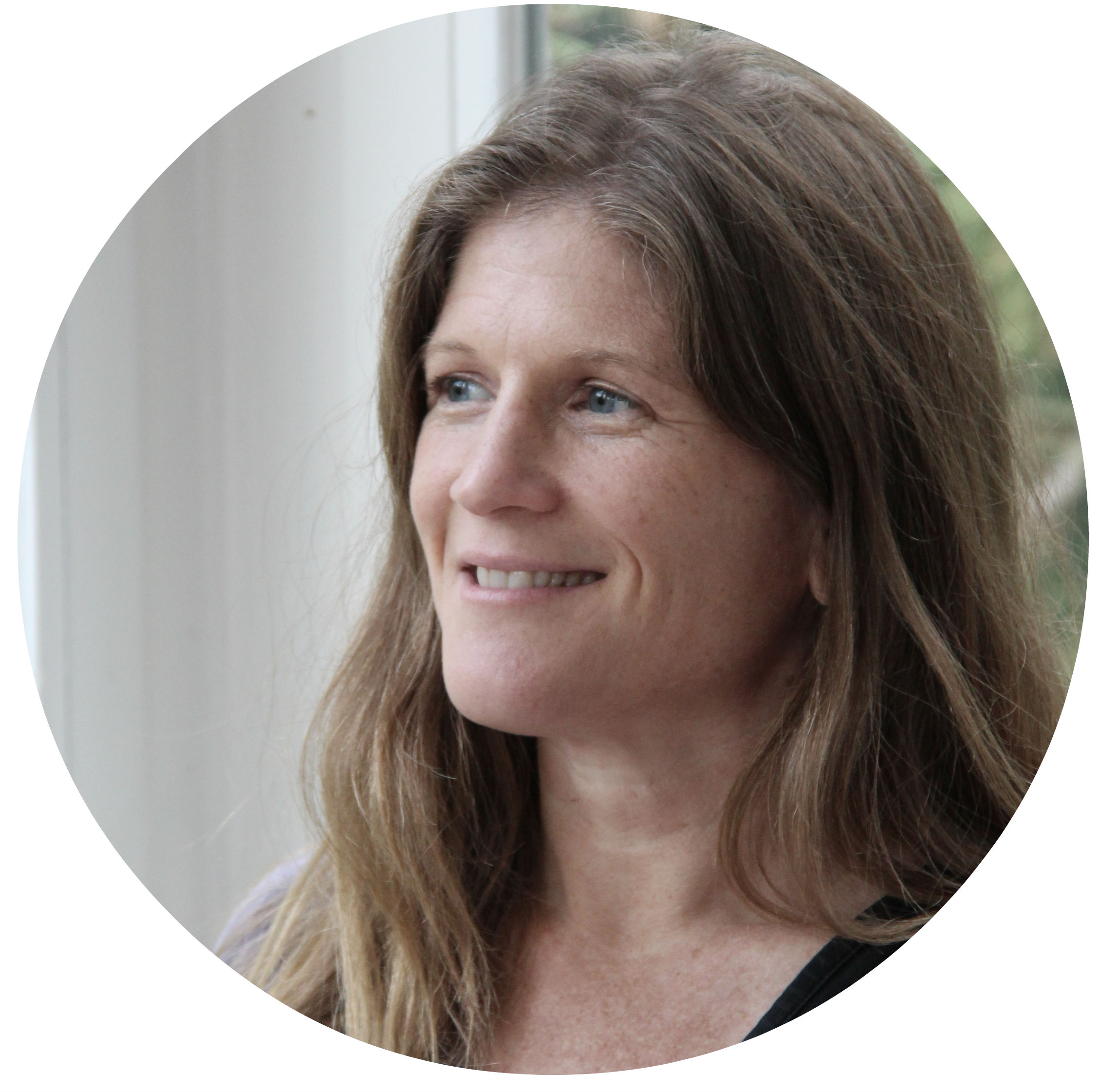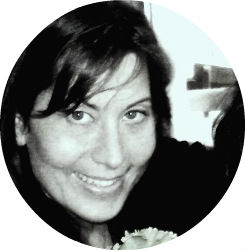The aim of the Table Presentations is to provide a structured framework for informal project presentations and networking. Approximately 15 participants of art initiatives will be invited to set up presentations of their projects on separate tables (with images and documentation material). The participants in the forum can “browse” through these presentations and sign up for a schedule provided by the conference team, in order to sit with a specific table presenter for a limited time slot of 20 minutes. During these 20 minutes, individual conversations can take place and specific questions can be asked. Afterwards the participants in the forum will switch to the next presenters they have signed up for, or they can go on to look at the other tables with informative material. There will be five such time slots for face-to-face meetings.
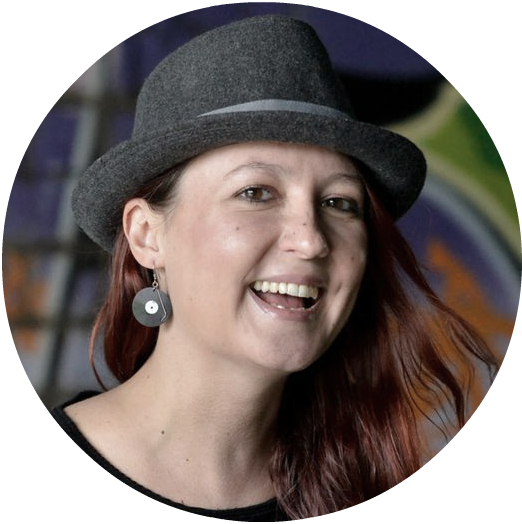 Ruth Daniel presents: The power of art to transform communities, making something out of nothing. Zimbabwe, Brazil, Colombia, DR Congo (Art in Place of War, Univ. of Manchester)
Ruth Daniel presents: The power of art to transform communities, making something out of nothing. Zimbabwe, Brazil, Colombia, DR Congo (Art in Place of War, Univ. of Manchester)
Ruth Daniel is an award winning cultural producer, activist and Co-Director of Times Higher Award winning organisation, InPlace of War (IPOW) based at The University of Manchester. IPOW works with creativity in sites of conflict through alternative education, the creation of cultural spaces in the world’s most challenging contexts and the mobility of artists across the world. IPOW also produces work in partnership with The Guardian and for festivals across the world. Ruth is the founder of Un-Convention a global grassroots music event and community with a presence in 25 countries and has delivered 73 editions in 6 years.
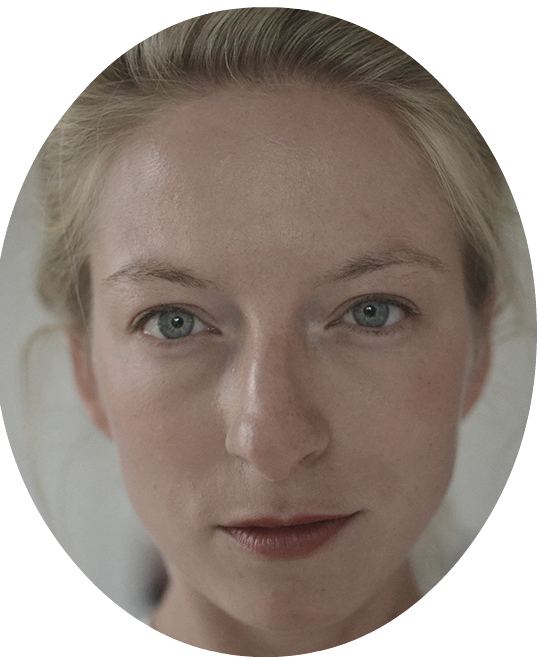 Maja Leo presents: Tskaltubo Art Festival (artasfoundation)
Maja Leo presents: Tskaltubo Art Festival (artasfoundation)
Maja Leo was born in Hamburg, Germany in 1988. From 2010 – 2013 she studied theatre directing and media arts at Zurich University of the Arts (ZHdK) and “Universidad del Cine”, Buenos Aires, Argentina. Currently she is enrolled in the MA programme “Art Theory” at the University of Fine Arts (HFBK), Hamburg, Germany. Maja Leo is co-founder of the Zurich based art and performance collective NEUE DRINGLICHKEIT. In their works they question borders between “life”, “art” and “politics”. Their works have been shown at Venice Biennale of Architecture 2014; Favoriten Theater Festival, Dortmund 2014; Gessnerallee Zürich et al. Since 2015 Maja Leo is coordinating the Tskaltubo Art Festival for Artasfoundation.
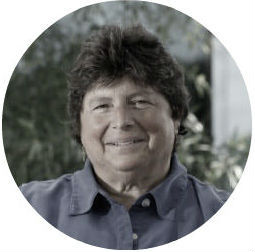 Cynthia Cohen presents: “Acting Together” (Brandeis University)
Cynthia Cohen presents: “Acting Together” (Brandeis University)
Cynthia Cohen, PhD, directs the Program in Peacebuilding and the Arts at Brandeis University, where she leads an undergraduate minor in Creativity, the Arts, and Social Transformation. Cindy is co-editor of the 2-volume anthology Acting Together: Performance and the Creative Transformation of Conflict (New Village Press, 2011) and co-creator of a film by the same name. She has served as co-convener of the Arts and Peace Commission of the International Peace Research Association; before her tenure at Brandeis, for ten years she founded and directed a community-based anti-racist oral history center in Boston, and worked as a coexistence facilitator. She writes on ethical and aesthetic dimensions of peacebuilding.
Ananda Breed presents: “Youth Theatre for Peace“ Kyrgzstan
Dr. Ananda Breed is Reader in the School of Arts & Digital Industries at the University of East London (UEL). Applied performance practitioner and scholar, Breed is the author of Performing the Nation: Genocide, Justice, Reconciliation (Seagull Books, 2014) that analyses performances and performatives related to the gacaca courts in Rwanda, in addition to several publications that address transitional systems of governance and the arts. She has worked as a consultant for IREX and UNICEF in Kyrgyzstan on issues concerning conflict negotiation and conducted workshops in the Democratic Republic of Congo (DRC), Indonesia, Japan, Kyrgyzstan, Nepal, Palestine, Rwanda and Turkey. Breed is co-director of the Centre for Performing Arts Development (CPAD) at the University of East London and former research fellow of the International Research Centre ‘Interweaving Performance Cultures’ (2013-2014) at Freie Universität Berlin, Germany. See also: Video of her project.
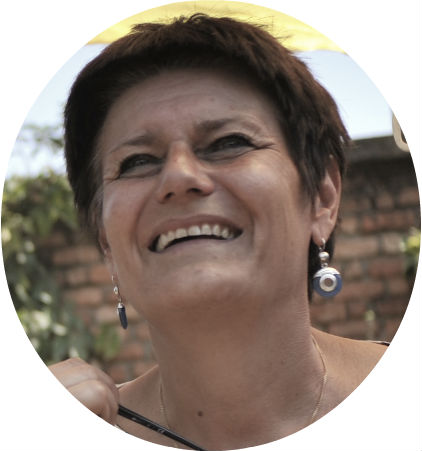 Frédérique Lecomte presents: “Theatre for community reconstruction: child soldier in RDC” (Theatre & Reconciliation)
Frédérique Lecomte presents: “Theatre for community reconstruction: child soldier in RDC” (Theatre & Reconciliation)
Frédérique Lecomte is the founder of Theatre and Reconciliation method. She is a sociologist, writer and a stage director, born in Belgium in 1958. Trainer and expert in rebuilding traumatised and conflicted communities, she organises theatre workshops and shows WITH the community and FOR the community in war areas. Creating a safe space for all parties, she uses theatre to address issues such as justice, trauma, elections, land or ethnic conflicts. In Belgium, she works with prisoners, psychiatric patients, diasporas, illegal migrants and asylum seekers. Lecomte also offers trainings and conferences about Theatre and Reconciliation for NGOs, associations and individuals. Read more about her project.
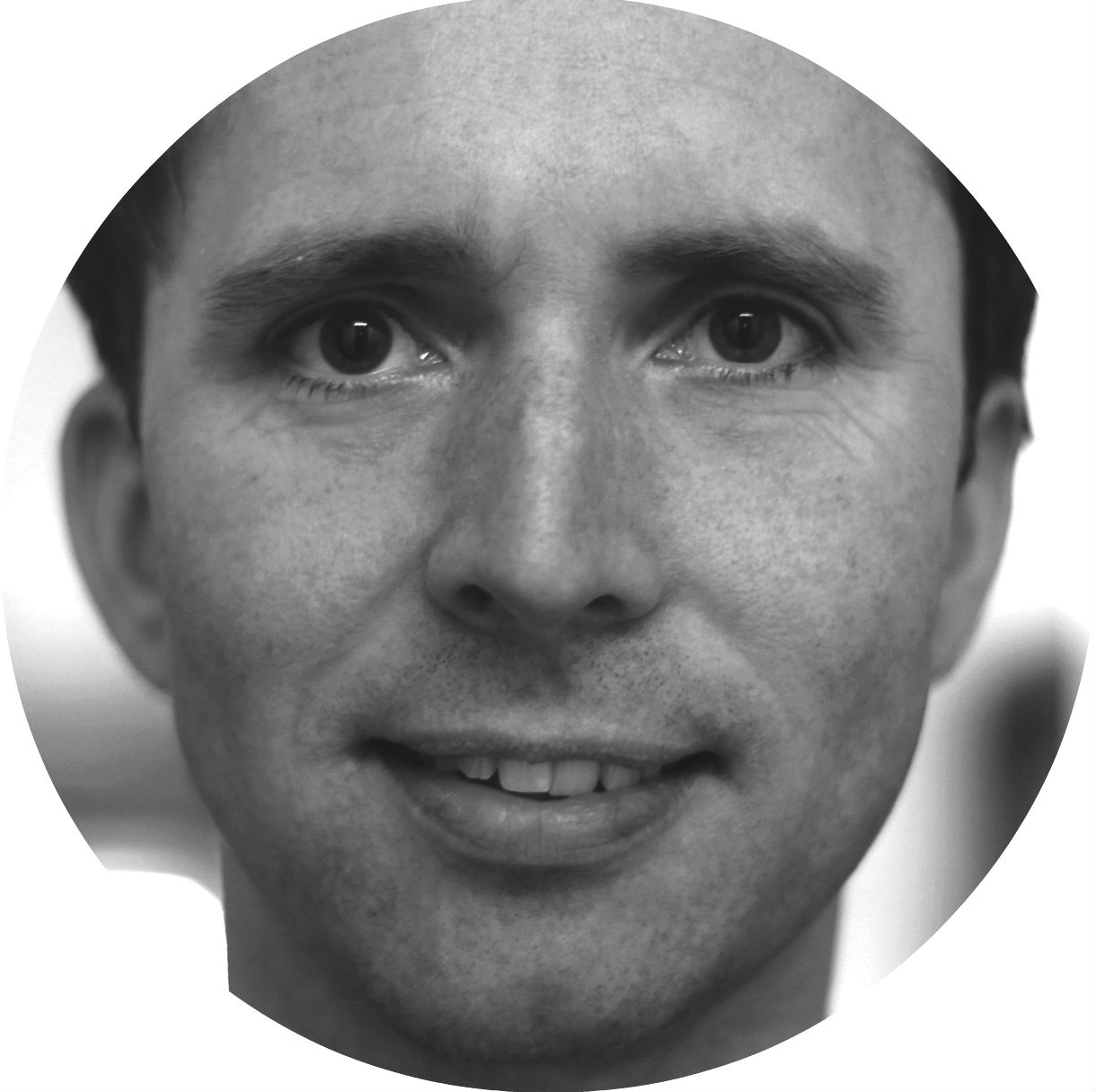 Julius Heinicke presents: “How to analyze the aesthetics of applied theatre/theatre in conflict” (Free University, Berlin)
Julius Heinicke presents: “How to analyze the aesthetics of applied theatre/theatre in conflict” (Free University, Berlin)
Julius Heinicke studied Culture and Theatre at Humboldt University in Berlin. In 2012, Julius defended his PhD-thesis on Theatre and Politics in Zimbabwe at the Department of African Studies. He received a scholarship for his doctoral dissertation from the Heinrich-Böll- Foundation. In the last years, Julius spent time researching and teaching as well as working as a dramaturge in performance projects and in theatre in education, mainly in Africa and Europe. Furthermore he maintained an Artistic Coordinator position at the „Zimbabwe Arts Festival in Berlin“, in cooperation with the Federal Foreign Office. Read more about his project.
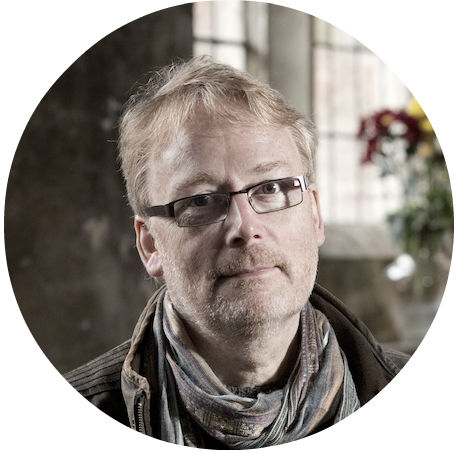 François Matarasso presents “Telling better stories” (Regular Marvels)
François Matarasso presents “Telling better stories” (Regular Marvels)
François has worked as a community artist, researcher and writer for 35 years, in the UK and internationally. As an artist and producer he has worked on theatre, visual arts and writing projects in disadvantaged neighbourhoods, care institutions, prisons and other settings. His research includes the influential Use or Ornament? (1997) on the social impact of participation in the arts, and most recently a series of books under the title Regular Marvels.
Dr. Hannah Reich presents: “Civil and non-violent education in Jordan: Why using cartoons and interactive theatre for transformation?” (Berghof Foundation, Berlin)
“Fostering civic and nonviolent education in Jordan’ brings together Jordanian educational experts to discuss, develop and put into practice concepts for a training-of-trainers programme in civic and nonviolent education. With a team of experts from Jordanian universities, NGOs and foundations as well as the Theodor Schneller-School in Amman a manual and video clips are produced, which flank the ongoing qualification courses for educators from different strata of the society. Within this framework a special focus is given on mouvement oriented methods and artistic methods like streetfootball, comic paintings and interactive theater. We have discovered that these creative media offer an appropriate space to discuss issues transgressing institutional hierachies and to encourage questioning distructive habits and replacing them with conscious decisions and actions. These formats further raise awareness in an holistic way and allow to dicouver new possibilities how to handly difficult or/and violent situations within universities, schools and in families.”
“Out beyond ideas of wrongdoing and rightdoing, there is a field. I will meet you there” (Jalal ad-Din Rumi 1207-1273)
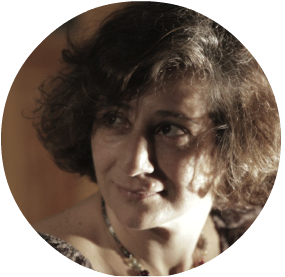 Iman Aoun presents: “Theatre, the art of transformation” (ASHTAR Theatre, Ramallah)
Iman Aoun presents: “Theatre, the art of transformation” (ASHTAR Theatre, Ramallah)
Iman Aoun is an actress, director & producer and co-founder of ASHTAR Theatre in 1991 and its artistic directorsince; award winning actress, acted and directed in tens of plays on Palestinian and international theatres; received various notifications for her work from different countries; written and published articles on Palestinian Theatre and participated in writing two books on theatre training; a panelist in various International Conferences and World Summits. An internationally known theatre trainer specialized in “Theatre of the Oppressed”.Initiator of the Euro-Palestinian project “100 Artists for Palestine” in 2003, and “The Gaza Mono-Logues” a global project to raise the voices of youth and advocate for the children’s rights in Gaza in 2010; coordinator of One Billion Rising for Justice in Palestine in 2014.
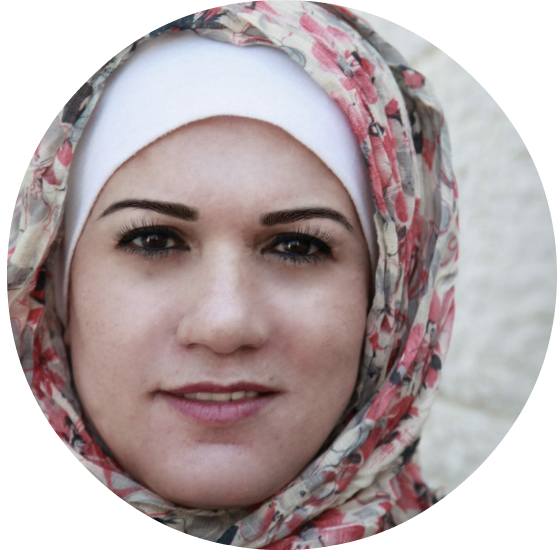 Heyam Al Hayek presents: „Culture and Conflict: Lessons from the Field“ (Qattan Centre for the Child, Gaza/SDC partner)
Heyam Al Hayek presents: „Culture and Conflict: Lessons from the Field“ (Qattan Centre for the Child, Gaza/SDC partner)
Heyam Hayek is Unit Head/Cultural Programs and Activities of the Qattan Centre for the Child; I work with children & parents since 2002 and manage the cultural programs that support young people and their parents by engaging them in programs and activities that enhance their skills and experiences (e.g., painting, drawing, theatre, and drama). Also, I am responsible of the cultural forums which encourage talented children. I have long term experience in cultural events management; such as Cinema’s Days in Palestine and art exhibitions. I also have experience in managing programs that target the marginalized children due to witnessing 3 massive wars against the Gaza Strip during my work in the Qattan centre for the child.
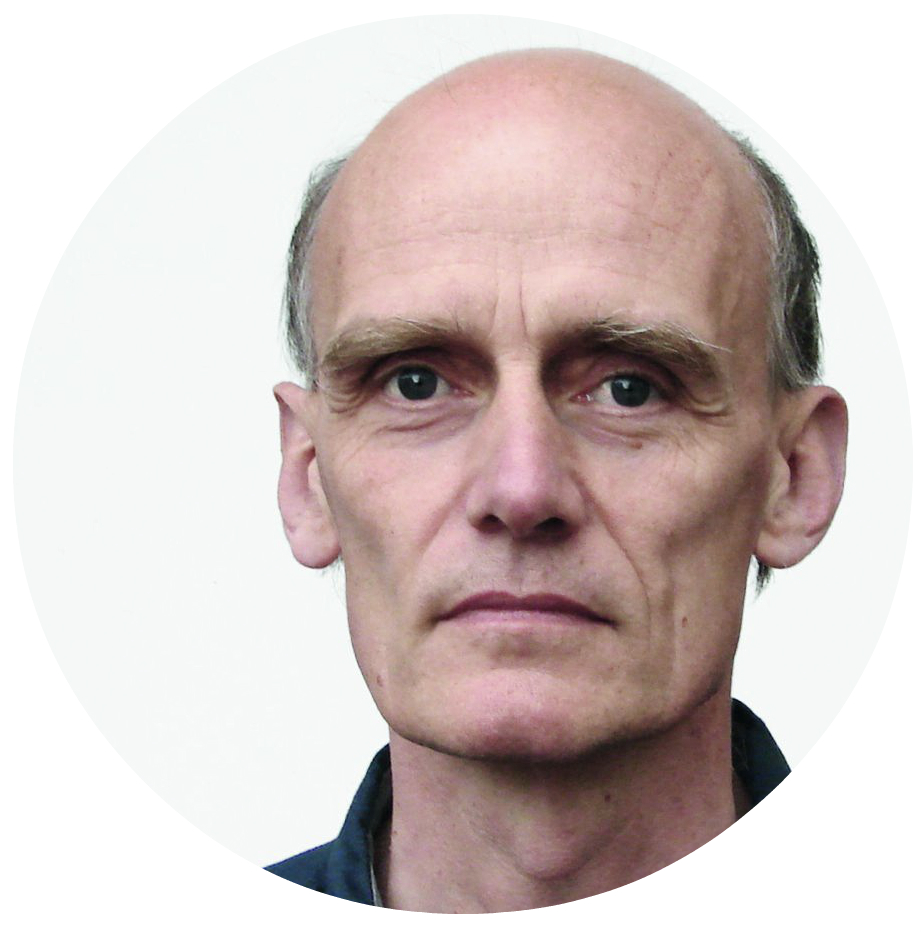 Dietrich Heißenbüttel presents: “Art in Conflict: Interventions in War and Crisis. A survey of worldwide initiatives commissioned by ifa (Institute for Foreign Cultural Relations)”
Dietrich Heißenbüttel presents: “Art in Conflict: Interventions in War and Crisis. A survey of worldwide initiatives commissioned by ifa (Institute for Foreign Cultural Relations)”
Dietrich Heißenbüttel studied history of art and comparative literature. He is mainly working as a journalist for various daily newspapers and journals. His main subjects are globalization, contemporary art, new music, architecture, and transport policy. Dietrich Heißenbüttel was the recipient of scholarships at the Bibliotheca Hertziana in Rome and the Akademie Schloss Solitude in Stuttgart. From 2005 to 2006 he moderated an intercultural composers’ workshop, Global Interplay, at the ISCM World New Music Festival. He has taught at the University of Stuttgart’s History of Art Institute since 2008. In 2010 he was co-curator of the exhibition, Friedensschauplätze / Theater of Peace for the Neue Gesellschaft für bildende Kunst (nGbK) in Berlin and has written numerous articles on the subject of art and conflict for various publications. www.artwritings.de
M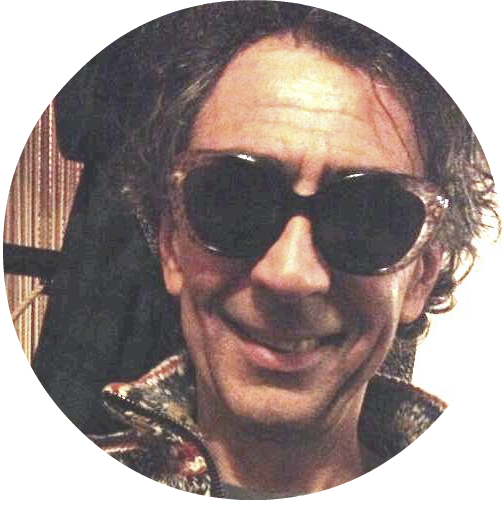 ihai Fusu presents: „Documentary Theatre in Moldova and the Taboo Topics” (Coliseum, Moldova/SDC partner)
ihai Fusu presents: „Documentary Theatre in Moldova and the Taboo Topics” (Coliseum, Moldova/SDC partner)
Director, actor, drama teacher, in Chisinau, Moldova. Born in Grigoriopol, USSR in 1960. He graduated at the Theatre Shchukin School in Moscow, Russia. He improved his education in management and pedagogy in London and Paris. As an actor he played in theater groups in Moldova, Russia, Switzerland and France. He directed theatre performances in Moldova, Romania, France and Switzerland. He taught in France, Switzerland, Moldova and USA.As a writer he is the initiator of the documentary theatre in Moldova by the creation of the theatre project The seventh kafana about women trafficking. The play was translated into major European languages and directed and played in France, Sweden, Romania, Germany, Russia, Ukraine, Belarus. He created the Arts Centre COLISEUM in 1997 and independent theatre group FOOSBOOK theatre laboratory. He speaks French, Russian, Romanian and English. For further information about the Documentary Theatre see video or project description of COLISEUM.
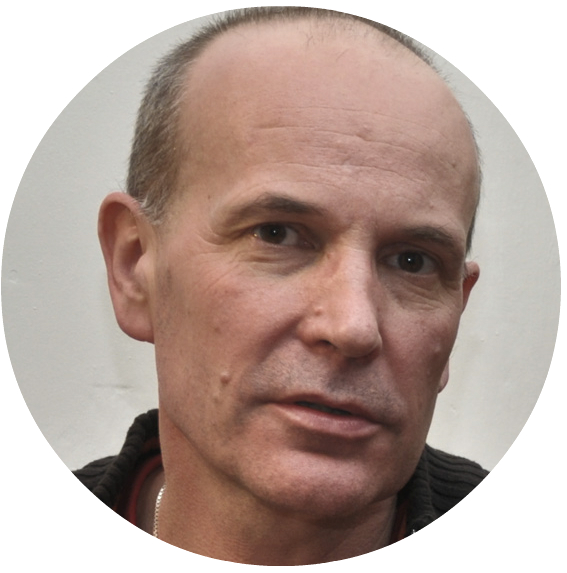 Mauro Abbühl presents: “Access to Swiss cultural markets“ (artlink/SDC partner) Grown up in Berne, Mauro first pursued a commercial apprenticeship and then got further training in journalism at the University of Fribourg. Mauro also studied Flamenco- and Jazz-guitarr in Sevilla, Bilbao and Barcelona. Since 1995 he has worked as the co-director of artlink, an office for cultural cooperation in Bern. Artlink is a mainly SDC funded office that supports the access of artists from Latin America, Africa, Asia and Eastern Europe to the Swiss market. Among other things, Mauro is responsible for the music and fine arts section. He is also a board member of SüdKulturFonds and of the Swiss coalition for cultural diversity. Mauro was a co-publisher of the book “Soukous, Kathak und Bachata. Musik und Tanz aus Afrika, Asien und Lateinamerika in der Schweiz.” Read more about his table presentation on the website of artlink.
Mauro Abbühl presents: “Access to Swiss cultural markets“ (artlink/SDC partner) Grown up in Berne, Mauro first pursued a commercial apprenticeship and then got further training in journalism at the University of Fribourg. Mauro also studied Flamenco- and Jazz-guitarr in Sevilla, Bilbao and Barcelona. Since 1995 he has worked as the co-director of artlink, an office for cultural cooperation in Bern. Artlink is a mainly SDC funded office that supports the access of artists from Latin America, Africa, Asia and Eastern Europe to the Swiss market. Among other things, Mauro is responsible for the music and fine arts section. He is also a board member of SüdKulturFonds and of the Swiss coalition for cultural diversity. Mauro was a co-publisher of the book “Soukous, Kathak und Bachata. Musik und Tanz aus Afrika, Asien und Lateinamerika in der Schweiz.” Read more about his table presentation on the website of artlink.
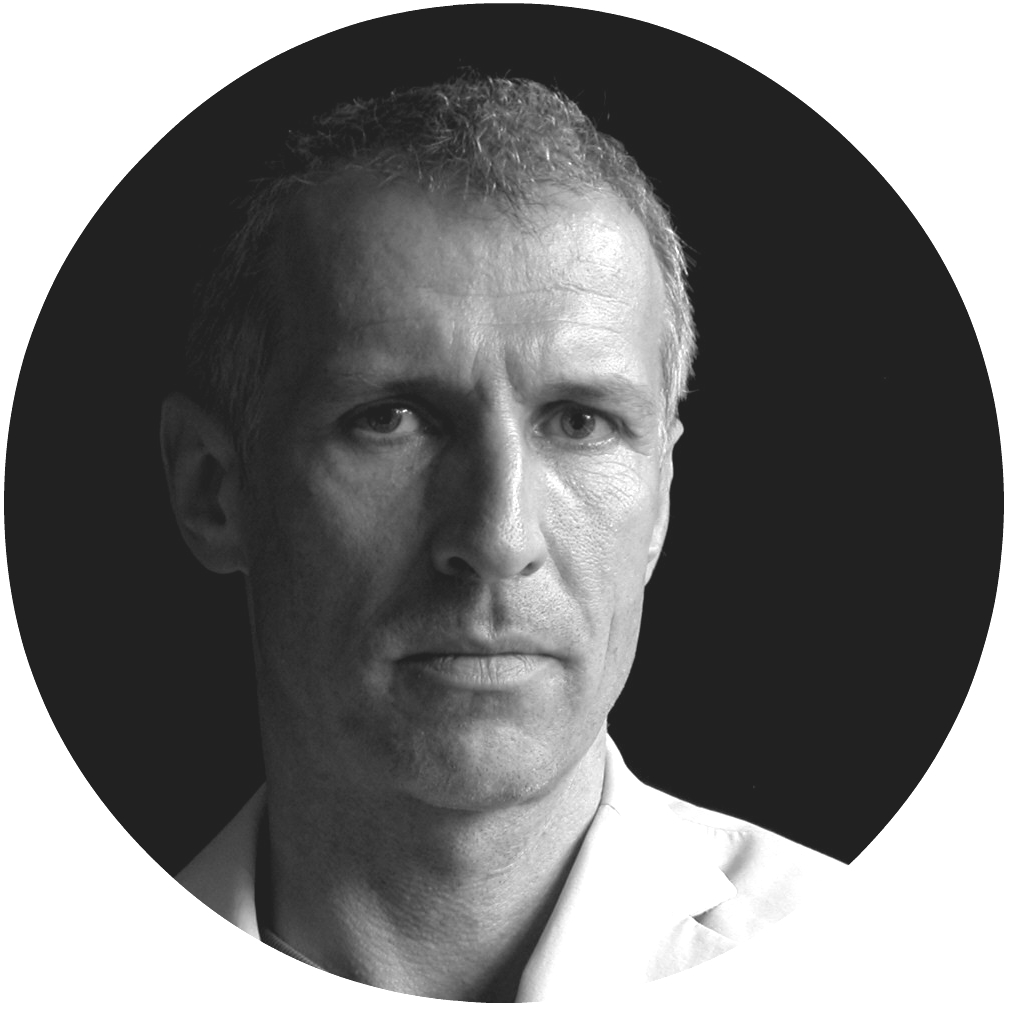 Fortunat Frölich presents: “Spannung ist spannend – the creative potential of conflict” (choR inteR kultuR)
Fortunat Frölich presents: “Spannung ist spannend – the creative potential of conflict” (choR inteR kultuR)
Fortunat Frölich is a well-known Swiss composer for contemporary classical music. He studied at the conservatories of Zurich (Switzerland), Napels (Italy) and at the Academy of Music in Leipzig (Germany). A special interest of Fortunat Frölich lies in interculturality. Frölich directed several intercultural projects in Niger, Burkina Faso and Morocco. For several years Frölich was a guest professor at the National Conservatory of Morocco. His intercultural projects “Leh ya jarè”, “moi-toi-musique”, “aanilhoub/about love” and “chanta o unda” have been performed on international Festivals in Afrika and Europe. Frölich was awarded by the Swiss Music Council and the Ministry of Culture of Baden Württemberg. Governmental and regional institutions often support his intercultural work. In 2011 Frölich founded the association choR inteR kultuR. This association organises almost every year an intercultural choir-project. In the near future choR inteR kultuR aims to realise an intercultural project in the middle east. Further information on the website of Fortunat Frölich
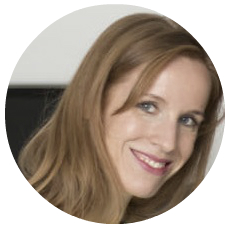 Nicola Müllerschön and Syafiatudina present: “Curating Commons”. (KUNCI Cultural Studies Center, Yogyakarta, Indonesia / KfW Stiftung, Frankfurt)
Nicola Müllerschön and Syafiatudina present: “Curating Commons”. (KUNCI Cultural Studies Center, Yogyakarta, Indonesia / KfW Stiftung, Frankfurt)
Dr. Nicola Müllerschön is programme manager for arts and culture at the foundation KfW Stiftung in Frankfurt. KfW Stiftung creates various platforms for international contemporary art, allowing creativity, freedom of speech and discourse to thrive in an effort to bolster cultural diversity. Its mission is to stimulate intercultural dialogue in today’s globalised world. KfW Stiftung’s curators-in-residence programme offers promising young curators from Latin America, Africa and Asia the opportunity to spend several months in Germany. The grant scheme ‘Curating Collections’ affords one curator per year the opportunity to work three months at the ethnographic museum Weltkulturen Museum in Frankfurt with the aim of providing a contemporary arts perspective on its collection of ethnographic objects.
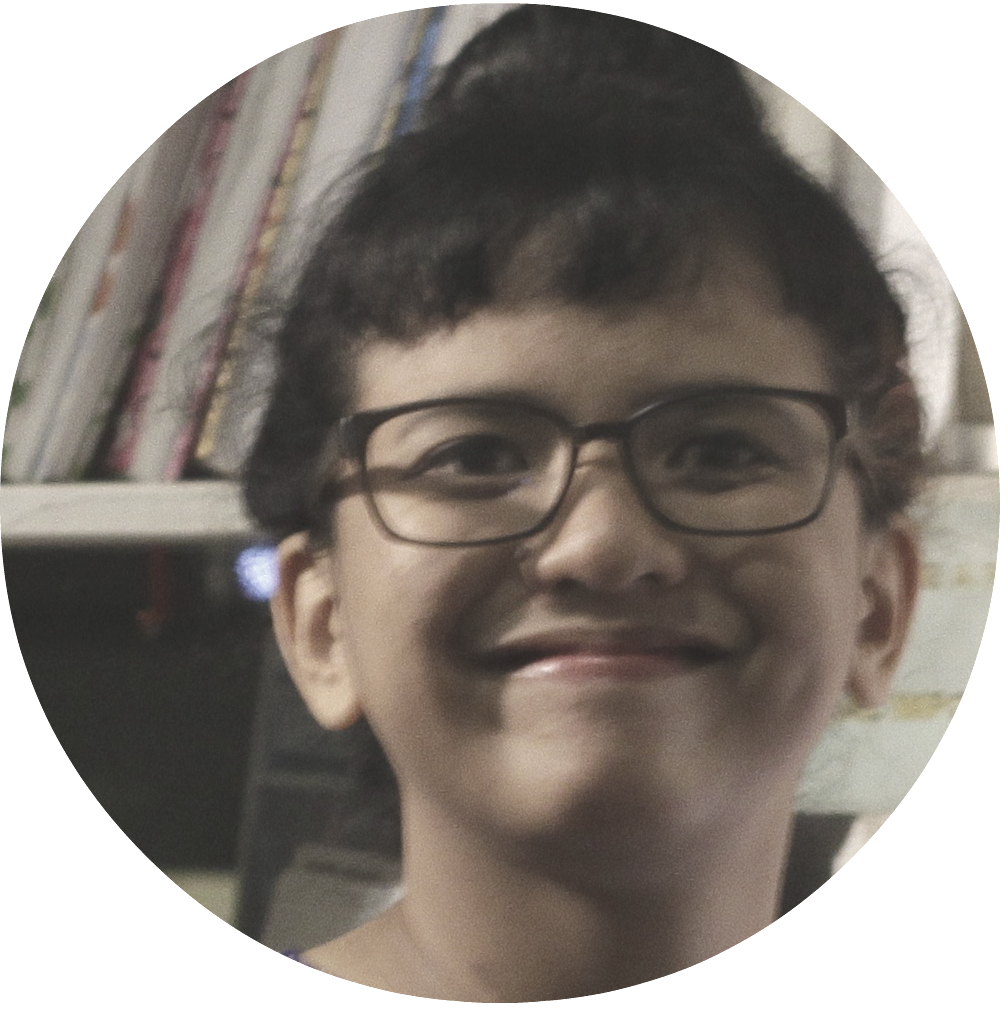 Syafiatudina is the current curator in residence of KfW Stiftung. She is co-director of KUNCI Cultural Studies Center in Yogyakarta, Indonesia. Founded in 1999, it has primarily focused on critical knowledge production and sharing via media publications, cross-disciplinary encounters, research actions and artistic interventions. Dealing with the relationship between the public, communities and common property, Syafiatudina’s curatorial work takes a collaborative and participatory approach in precarious, unstable situations.
Syafiatudina is the current curator in residence of KfW Stiftung. She is co-director of KUNCI Cultural Studies Center in Yogyakarta, Indonesia. Founded in 1999, it has primarily focused on critical knowledge production and sharing via media publications, cross-disciplinary encounters, research actions and artistic interventions. Dealing with the relationship between the public, communities and common property, Syafiatudina’s curatorial work takes a collaborative and participatory approach in precarious, unstable situations.
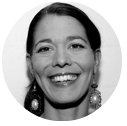 Regula Gattiker presents: “Les voy a contar la historia” (Connact/Fondación Chasquis)
Regula Gattiker presents: “Les voy a contar la historia” (Connact/Fondación Chasquis)
Regula Gattiker has been working in development cooperation, peace building, peace education, culture and human rights since 2001, as a practitioner, trainer, analyst and consultant in Switzerland, the Balkans, Latin America, Asia and Africa. She studied Political Science, English Literature & International Public Law (MA) and later acquired an MAS in Cultural Management and a CAS Mediation. In 2008, Regula founded the association Connact, aiming to contribute through arts and cultural projects, as well as through educational and communication projects, to peace promotion, sustainable development and intercultural understanding. In cooperation with ASOCAB, a farmers association in Las Pavas, Colombia, and the Chasquis Foundation, Regula has designed and realised a cultural human rights project, “Les voy a contar la historia”, which had a salient political impact. The farmers received the National Peace Prize in 2013 after the media had reported about their peaceful resistance through music.
